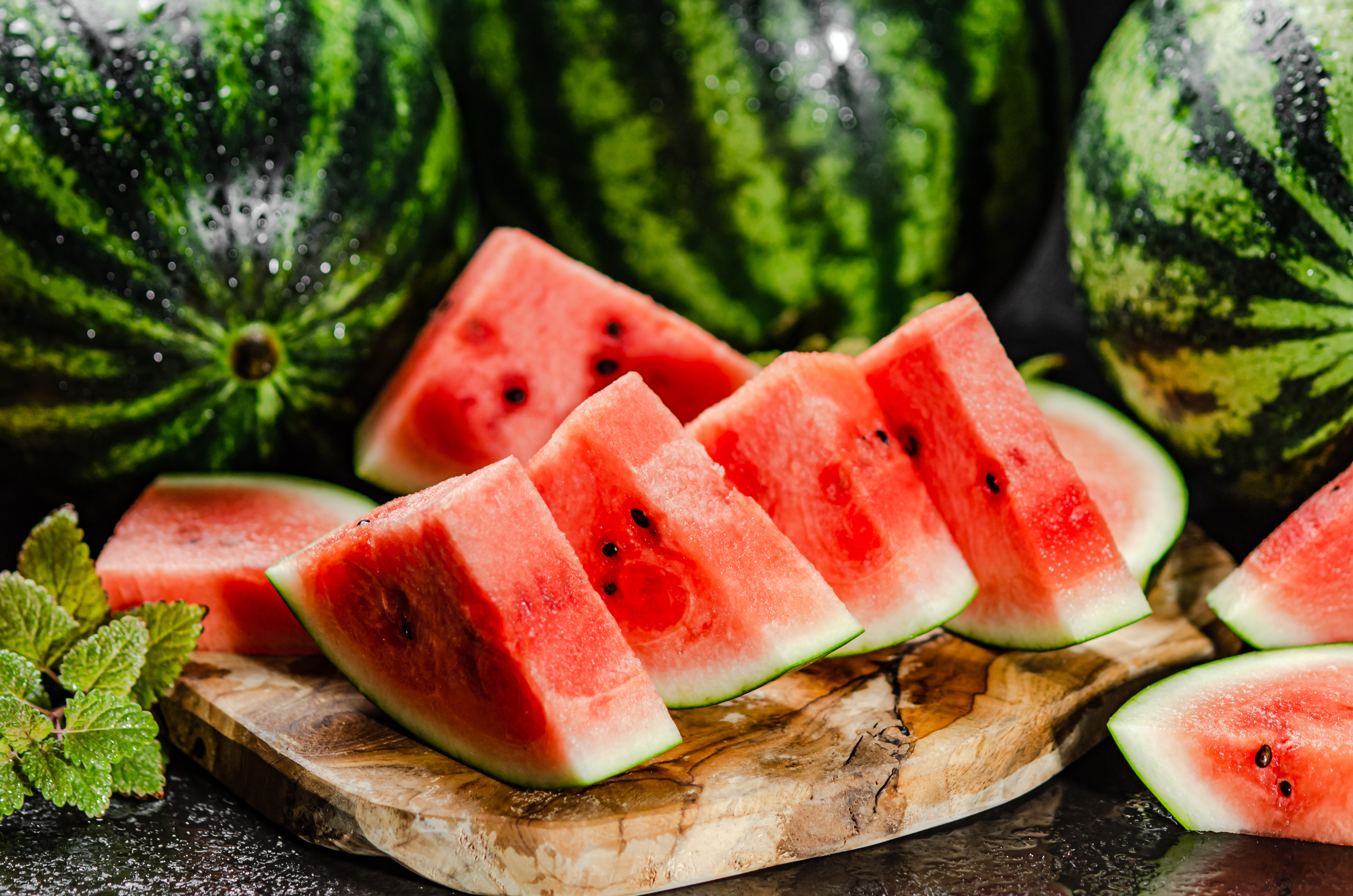Dinner Detox: Sodium Swaps to Slash Your Salt Intake
9. Hydration and Sodium Balance

Proper hydration plays a crucial role in maintaining a healthy sodium balance in the body. Drinking adequate amounts of water helps flush excess sodium from the body and supports overall health. Aim to drink at least eight glasses of water per day, and consider increasing your intake if you are physically active or live in a hot climate. Additionally, consuming foods with high water content, such as fruits and vegetables, can contribute to your hydration needs. By prioritizing hydration, you can support your body's natural ability to regulate sodium levels and promote overall well-being.
10. Educating Yourself and Others

Education is a powerful tool in the journey toward a low sodium lifestyle. By educating yourself about the effects of sodium and the benefits of a low sodium diet, you can make informed choices for your health. Share this knowledge with friends and family to help them understand the importance of reducing sodium intake and encourage them to make healthier choices as well. Consider attending workshops or cooking classes focused on low sodium cooking to expand your knowledge and skills. By becoming an advocate for low sodium living, you can inspire others to join you on the path to better health.
